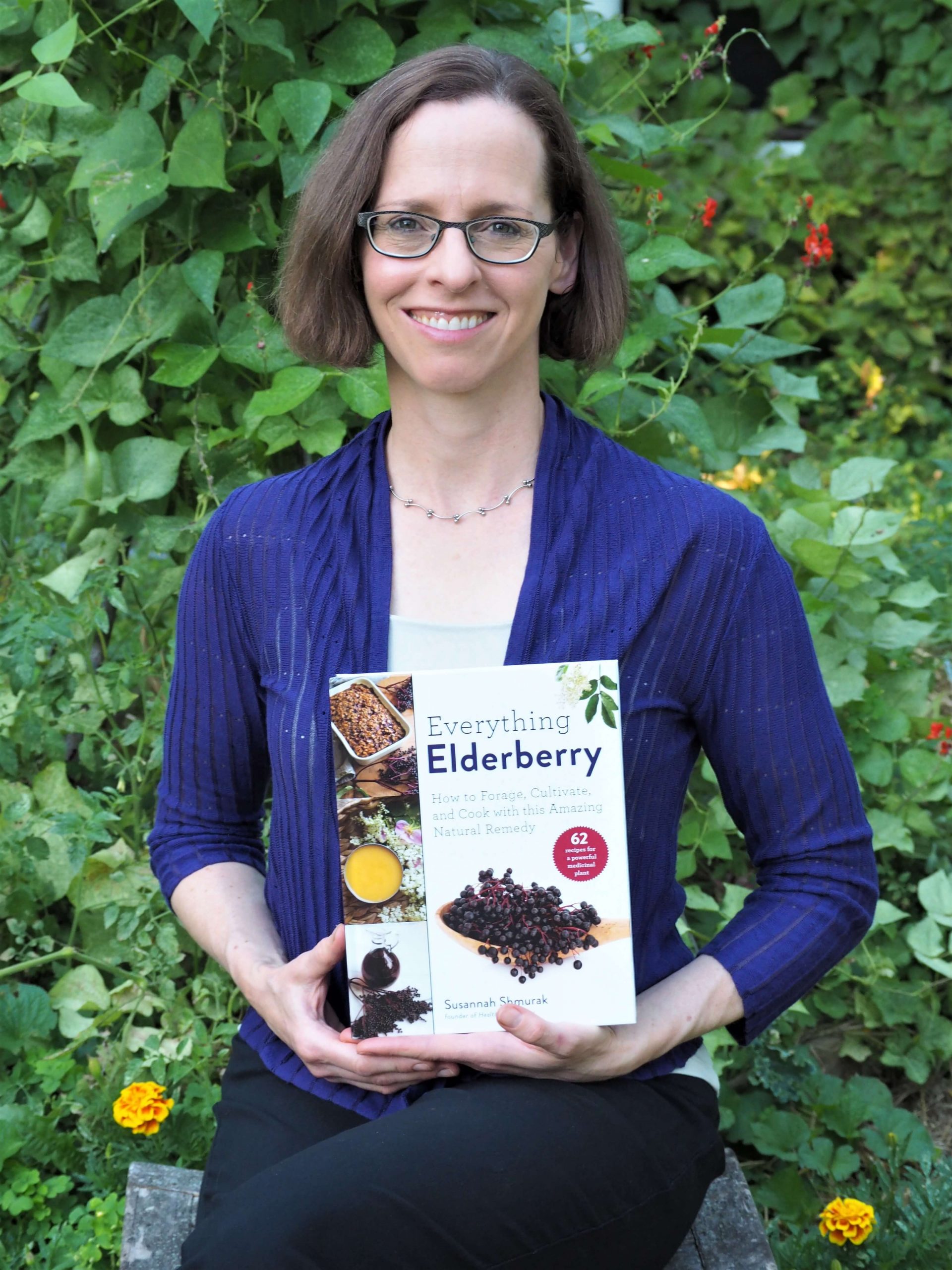Last Updated on January 23, 2023
Is canned food healthy? So many healthy foods come conveniently packaged in cans, but it turns out you may be eating some decidely unhealthy ingredients with your beans and diced tomatoes! Is canned food healthy? It would be if it weren’t for one thing…
Is canned food healthy? It would be if it weren’t for one thing…
Metal cans seem innocuous enough, right? Generally inert metal is a good choice for food storage.
But did you know most metal cans are lined with plastic that can leach harmful chemicals into your canned food?
So many healthy foods, like beans, diced tomatoes, and vegetable soups, come conveniently packaged in cans.
If you have a pantry stocked with these seemingly healthy ingredients, you won’t be happy to hear that you’re probably getting a hefty dose of BPA and other plastics with your otherwise healthy ingredients.
According to a recent report by a coalition of nonprofits (including the Breast Cancer Fund and Campaign for Healthier Solutions), a whopping 70% of cans are still lined with BPA!
A 2016 study suggests that canned soups and pasta are especially likely to raise the levels of BPA in our bodies.
Some manufacturers have replaced BPA in can linings, and others have pledged to phase it out. So then is canned food healthy?
‘Fraid not.
It’s critical to understand that “BPA free” does not equal safe!
Mounting research suggests that BPA substitutes may be just as or even more harmful to human health: A common BPA-replacement, BPS, may actually have even more significant impacts on our hormones and our health.
Other “regrettable substitutes” for BPA have not been adequately studied for safety. Authors of a 2014 study note that “the lack of safety data and unknown additives mean we have no reliable data attesting to the safety of these compounds.”
The study found that of the more than 6000 chemicals currently used in food packaging, 175 are “chemicals of concern,” which means that scientific evidence has linked them to health problems like reproductive and developmental problems, neurotoxicity, or cancer.
Little is known about what happens when these chemicals come in contact with food.
Is Canned Food Healthy? The Health Impacts of Plastics in Our Food
Many of these compounds have been labeled obesogens, substances that disrupt the way our hormones, particularly those related to metabolism, function in our body.
Why is this a big deal? Because they may be at the root of our public health crisis, predisposing people to obesity and a number of other metabolic disorders, including diabetes.
Even more worrisome: Research suggests that in utero exposure may set up not only our babies, but our babies’ babies, for a lifetime of battling obesity, thyroid disorders and other preventable chronic diseases.
When we’re exposed to these pernicious compounds at certain times in our development, our genes seem to be altered, and we pass those changes down to our kids, and to their kids.
So not only are you what you eat, but your grandchildren might be too! Your food choices may affect far more than just your own health.
An Easy Way to Reduce Your Chemical Exposure: Avoid Canned Food
While it is impossible in this day and age to avoid industrial chemicals completely — they’re in our food, water, and air — there’s a lot you can do to limit what’s known as your body burden, the “toxic load” your bodily systems have to deal with.
A great first step? Ditch the canned goods (or bads, as the case may be).
Related: What’s in Your Beauty Products? How to Reduce Chemical Exposure
This simple step will significantly reduce the industrial chemicals in your next meal. Many of these compounds (like BPA and phthalates) are easily excreted, so once you stop eating them, your levels will drop. One study found that a low-plastic diet dropped participants’ levels of BPA and a common phthalate up to 95%.
How to avoid canned food and dangerous chemical additives:
- Choose fresh, whole foods whenever possible. In the case of beans, cook from dry, which will also save you money. (You can also make your own pumpkin puree, and skip those ubiquitous plastic-lined cans of pumpkin.)
- Opt for glass if you have the choice. You’ll find more and more manufacturers packing their food in glass rather than plastic or plastic-lined cans. Here are other ways to get started with zero waste living.
- Cook from scratch. Homemade soups are healthier for you in numerous ways — you control the ingredients and the sodium in addition to avoiding leached-out plasticizers. Here are easy recipes for homemade split pea soup and hearty vegan white bean soup to get you started.
- Give up your soda habit. Whether sugary or “diet,” you know all those artificial flavors and colors aren’t good for you. The plastics in your fizzy drink is just one more reason to say no to soda. (Did you know diet soda has been linked to weight gain?) If you must buy a bottled beverage, choose one packed in glass. Or consider making your own soda from seltzer with a splash of juice or a wedge of lime. (My favorite soda maker now has glass bottles!) Or develop a healthy tea habit. The benefits of nettle tea are impressive, or give refreshing hibiscus tea a try. Once again, you’ll save money while you avoid chemicals and shrink your foodprint.
Related: Plastic Alternatives to Help You Break Free From Plastic
Do you eat a lot of canned food? How do you feel about giving it up? Share in the comments!
Pin to save “Is canned food healthy?” for later!
Photo credits: Michael Scheltgen, Your Best Digs, Matthew Hurst via Flickr

Susannah is a proud garden geek and energy nerd who loves healthy food and natural remedies. Her work has appeared in Mother Earth Living, Ensia, Northern Gardener, Sierra, and on numerous websites. Her first book, Everything Elderberry, released in September 2020 and has been a #1 new release in holistic medicine, naturopathy, herb gardening, and other categories. Find out more and grab your copy here.



 Hi, I'm Susannah, a garden geek, energy nerd, and fan of healthy food and natural remedies. Need some simple, practical solutions for living healthier and greener? You've come to the right place! More about me and my green projects
Hi, I'm Susannah, a garden geek, energy nerd, and fan of healthy food and natural remedies. Need some simple, practical solutions for living healthier and greener? You've come to the right place! More about me and my green projects